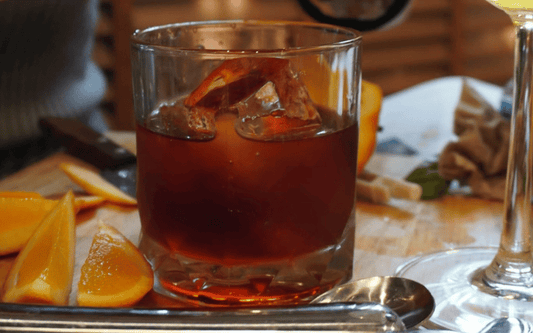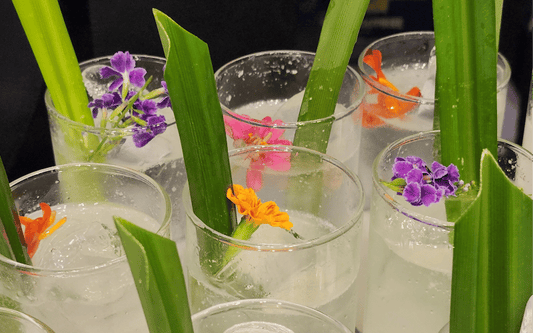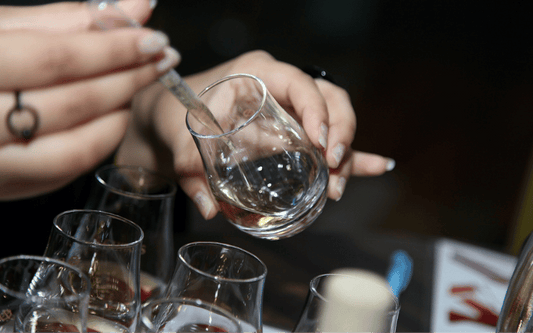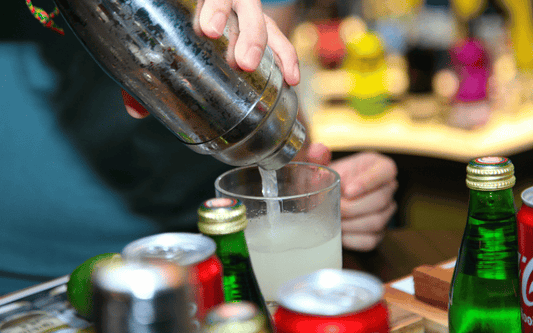WHISKY
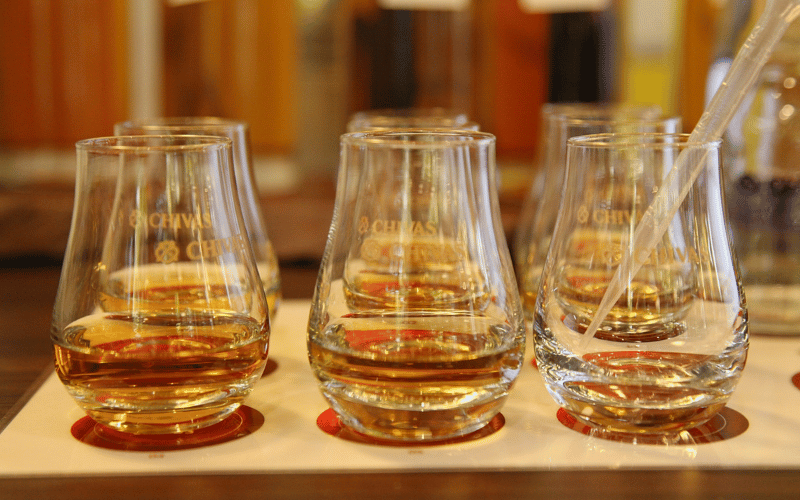
Whisky, often spelled "whiskey" in the United States and Ireland, is a distilled alcoholic beverage with a rich history and a wide array of styles. It is beloved by connoisseurs around the world for its complex flavors and the craftsmanship involved in its production. This article delves into the origins of whisky, the variety of types available, the production process, and the countries renowned for their whisky production.
Origins of Whisky
The origins of whisky can be traced back to ancient civilizations that practiced the art of distillation. However, it is widely believed that the modern form of whisky originated in Ireland and Scotland. The word "whisky" itself is derived from the Gaelic term "uisge beatha," which translates to "water of life." Distillation methods were brought to Ireland and Scotland by monks around the 12th century, initially for medicinal purposes. Over time, these methods evolved, leading to the production of whisky as we know it today.
Varieties of Whisky
Whisky is not a single homogeneous product; it comes in several varieties, each with distinct characteristics:
Scotch Whisky: Produced in Scotland, Scotch whisky is divided into five main categories: Single Malt, Single Grain, Blended Malt, Blended Grain, and Blended Scotch. Single Malt Scotch is made from malted barley and distilled at a single distillery, while Blended Scotch combines whiskies from multiple distilleries.
Irish Whiskey: Known for its smoothness, Irish whiskey is typically triple distilled and made from a mix of malted and unmalted barley. It often has a lighter, more delicate flavor compared to Scotch.
American Whiskey: This category includes Bourbon, Rye, and Tennessee whiskey. Bourbon is made primarily from corn and aged in new charred oak barrels, giving it a sweet, full-bodied flavor. Rye whiskey, made from at least 51% rye, has a spicier profile. Tennessee whiskey undergoes a unique charcoal mellowing process known as the Lincoln County Process.
Canadian Whisky: Often referred to as "rye whisky" in Canada, it can be made from a variety of grains, though it typically has a higher proportion of rye. Canadian whisky is known for its smoothness and lighter flavor.
Japanese Whisky: Inspired by Scotch whisky, Japanese whisky has gained international acclaim for its precision and craftsmanship. It often features a delicate balance of flavors, with a focus on purity and harmony.
Production of Whisky
The production of whisky involves several key steps:
Malting: Barley is soaked in water and allowed to germinate, converting starches into fermentable sugars. The germinated barley, or "malt," is then dried in a kiln.
Mashing: The malt is ground into a coarse flour called "grist," which is mixed with hot water to extract sugars, creating a liquid known as "wort."
Fermentation: The wort is transferred to fermentation vessels, where yeast is added to convert sugars into alcohol, producing a liquid called "wash."
Distillation: The wash is distilled, usually twice (though Irish whiskey is often triple distilled), in copper pot stills to increase the alcohol content and refine the flavors.
Aging: The distilled spirit is aged in oak barrels for a minimum of three years (as required for Scotch and Irish whiskies), during which it absorbs flavors from the wood and undergoes chemical changes that enhance its complexity.
Bottling: After aging, the whisky may be blended (in the case of blended whiskies) and diluted to bottling strength before being bottled and labeled.
Leading Whisky-Producing Countries
Scotland: The most famous whisky-producing country, Scotland is known for its diverse regions, including the Highlands, Lowlands, Speyside, Islay, and Campbeltown, each offering distinct styles of Scotch whisky.
Ireland: Ireland's whiskey industry is experiencing a renaissance, with both traditional and new distilleries producing high-quality whiskies known for their smoothness and complexity.
United States: Home to Bourbon, Rye, and Tennessee whiskey, the United States has a rich whisky heritage, particularly in states like Kentucky and Tennessee.
Canada: Canadian whisky is often lighter and smoother, with a growing number of craft distilleries adding diversity to the market.
Japan: Japanese whisky has gained international recognition for its quality and distinct style, influenced by Scottish techniques but with a unique Japanese touch.
In conclusion, whisky is a versatile and globally cherished spirit with a storied past and a vibrant present. Its varieties, production methods, and the regions that produce it all contribute to its rich tapestry, offering something for every palate. Whether you enjoy the peaty intensity of an Islay Scotch, the smoothness of an Irish whiskey, the sweet complexity of a Bourbon, or the meticulous craftsmanship of a Japanese whisky, there is a world of flavors to explore in each bottle.

